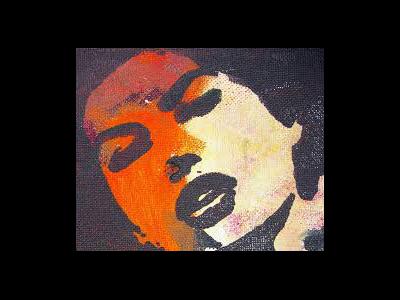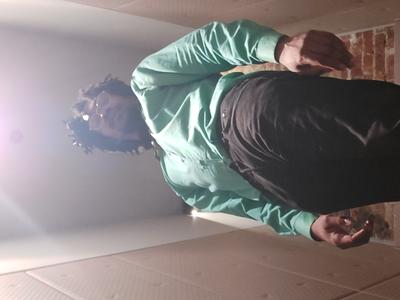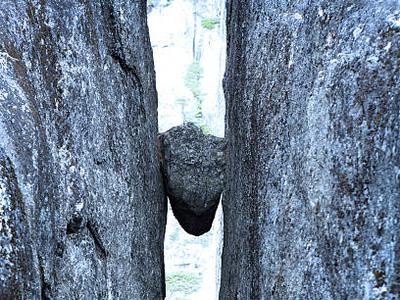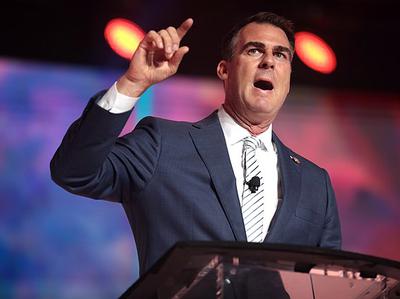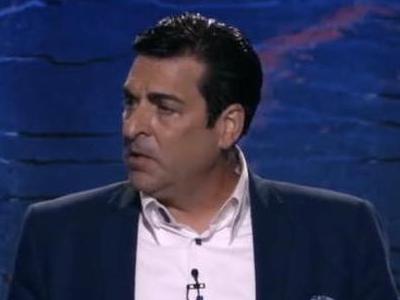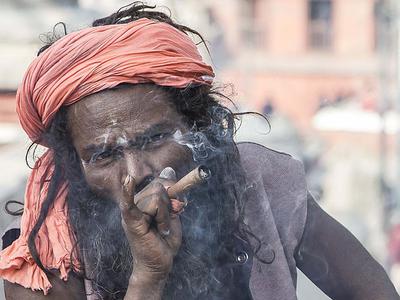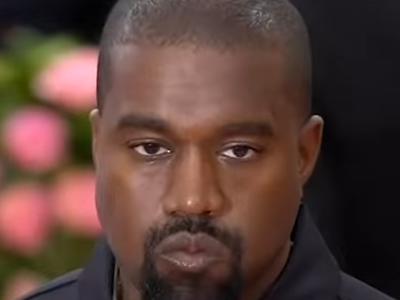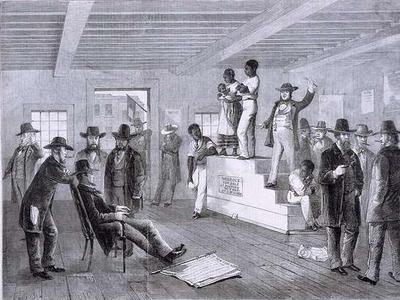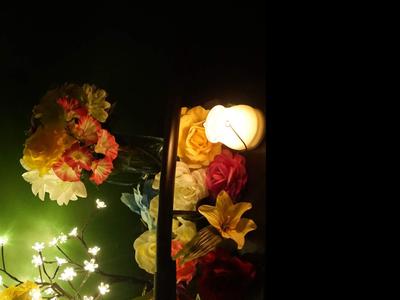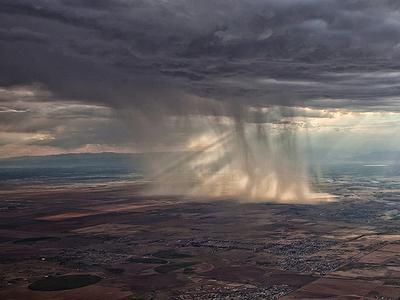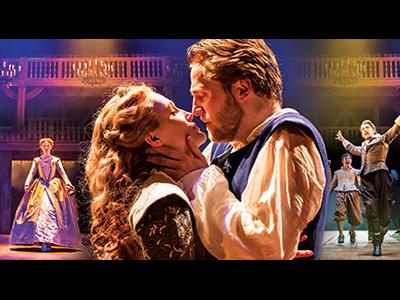
Source: www.shakespeareinlove.com
As a British child it's almost impossible to have survived school without unlocking a Shakespeare play. Shakespeare in Love is the fictional story about the play-write's life and motivation behind "Romeo and Juliet", his most famous play. Shakespeare in Love, similar to other Shakespearian plays have been retold thousands of times but for me this production really stood out. It resonated in the same way Baz Lurhman's take on Romeo and Juliet did.
Set in the Elizabethan era of the late 1500s when England was under a female monarch rule. Queen Elizabeth I is dubbed as one of the greatest, intelligent, longest serving royals. She elevated peace, the arts, learning of languages and philosophy and was England's third female ruler.
Excluding Elizabeth the remaining female characters in the play are controlled eg the maid at the call of Viola, Viola at the mercy of her father, Viola's mother detached from her only child and the prostitutes competing for drunk clients in the tavern. Whilst the 1500s are viewed to be an unjust period for women, the rise to interdependent power remains ongoing in today's society.
Women are still unfairly treated due to expectations deriving from tradition and religion. Both tools used to control ideology and female sexuality to order a woman's behaviour. From gender pay difference due to women physically being able to deliver a baby even though she is physically unable without a man. To the courtroom verdicts in sexual harassment/rape cases along with the low sentences handed to the male perpetrators. Let's hope the next 400 years will even out the workplace, social and justice system for men and women.
In the play Viola pretends to be man, Thomas in order to fulfil her dream of being an actress. Unfortunately in her era it was illegal for a woman to attend a theatre (unless you were the Queen herself). All female characters were acted by men. This probes a question in today's era: Does acting to be 'more masculine' or 'less emotional' usually lead to better success for women in business?
William falls in love with Viola not realising she is also acting as Thomas. William becomes inspired by Viola and is able to overcome his writers block. There's a famous saying that behind every great man there is a great woman. Assuming this can be a mother, sister, wife or lover, are women overtly and genuinely credited for their work and influence on great men? Or do women stand humbly in the shadow of male ego? Also, does acting to be 'more feminine' and conforming to society's view of a woman's role secure higher chances of love, better relationships and romance?
Meanwhile, Viola's dad is forcing her into marriage to the cold, intimidating Mr Wessex in a financial and class deal. Thankfully forced marriages are no longer as common in England but they remain prominent in other countries. More people marry today because they believe they are in love. But a large proportion still follow tradition and marry for financial security, physical protection and for status.
Some people give up on finding their ideal partner and settle for a lesser version. Although most will not admit it so the taboo lingers. The decision to follow your head, heart or both is taken much easier today. Divorce rates are high and whilst divorce is emotionally draining, a woman can file for one and leave a marriage without shame upon their name. However, in the Catholic religion a woman can murder someone and still receive holy communication, but if she has divorced her husband for abuse, she is disallowed.
Of course it wouldn't be a Shakespeare play without tragedy. Shortly after William finds out Viola is Thomas, Viola finds out William is married. Today and historically: Why is it harder for a woman to hide her marriage or children from the world than it is for a man?
Both William and Viola have been deceitful with their identities; to what extent is it acceptable for humans to cling to expected roles and facades to fit into their current environment? Is it more justified to do so if someone's end goal serves a greater good instead of their own?
Whilst she loves William she decides to obey her father, marry Wessex and sail abroad to follow her new husband's dream of being a stern plantation owner. In relationships does it tend to be the man who gives up on his dreams in order to be with the woman, or is it the woman who holds off her dream in order to be with the man?
Viola was left with the memories of William's love and his beautiful, profound poetry. She followed her head and believed she could grow to love Wessex. Do you think more women or men enter marriages intending to grow to love and deeply respect their partner? Do marriages need love in order to be successful or is fulfiling a mutual contract of partnership enough?
In the play, Viola voyages across the seas unlikely to ever see William again. Today we are overloaded with methods of staying in touch via the Internet and technology but more ways does not derive increased effective or empathic communication. Travel is efficient, fast and affordable yet and is why most long distance relationships still do not last. The human tolerance for separation and isolation is low. Is this why we have a constant need to be surrounded by people despite their flaws, deceptions and dramas?





